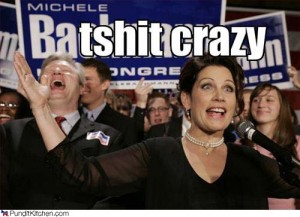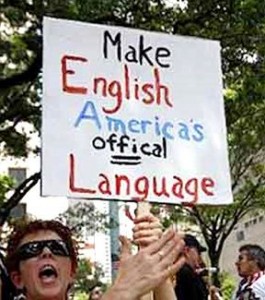Do New Media/Social Media Distort Political Reality?

 Count me amongst those who argue that new media/social media are having an enormously beneficial effect on politics. The evidence seems overwhelming that through digital networks, citizens now have the means of enhanced political participation and engagement. But I have increasingly begun to wonder if all this participation has a distortion effect on our conception of political reality. Do blogs, Twitter, Facebook, Digg, websites, and the array of other new media and social media forms in the hands of partisans, ideologues, and just-plain old political junkies transform that which is considered meaningful? Do such media platforms and sites of engagement provide the means through which citizens now focus on the trivial, the outlandish, the spectacular, while missing larger and more important political issues. Is the tail wagging the dog?
Count me amongst those who argue that new media/social media are having an enormously beneficial effect on politics. The evidence seems overwhelming that through digital networks, citizens now have the means of enhanced political participation and engagement. But I have increasingly begun to wonder if all this participation has a distortion effect on our conception of political reality. Do blogs, Twitter, Facebook, Digg, websites, and the array of other new media and social media forms in the hands of partisans, ideologues, and just-plain old political junkies transform that which is considered meaningful? Do such media platforms and sites of engagement provide the means through which citizens now focus on the trivial, the outlandish, the spectacular, while missing larger and more important political issues. Is the tail wagging the dog?
Take the Tea Party “Movement,” for instance. By most level-headed accounts, this “outpouring” of populist rage, right-wing hatred, and visible anger is less a “movement” or political tsunami than a media event. What is worse, it is something that liberals have played an important role in constructing. Certainly cable news has played a big role here as well, helping craft the movement (see Glenn Beck), then supporting and promoting its activities at every opportunity (Fox News, but also CNN and MSNBC). But is all this attention merited? It is hard to imagine other “movements” of much greater importance—immigration reform, for instance—receiving the amount of attention these folks have received (that is, until Arizona rightwingers overplayed their hand). The same holds true for the specific politicians and wingnuts that populate and animate this “movement,” from Sarah Palin and Michele Bachmann to Glenn Beck and Michael Steele. Liberals—myself included—rant, rave, scream, laugh, and gesticulate over every idiotic statement and boneheaded hiccup these folks emit, positioning ourselves somewhere between amazement at their stupidity to outright fear and terror that the clowns might end up running the circus.
By focusing on them so intently, their extremism doesn’t marginalize them, as should be the case. Instead, their nuttery becomes the center of gravity, pulling other members of the minority party toward them. And why not? Given the attention they receive, what better way to make a name for themselves when their party really has nothing else to sell? This is true whether we are talking about Jim Bunning, Joe Wilson, or Michelle Bachmann. They easily become the party “stars” of the moment. Why? Because their ideas make sense? No, because they attract attention and loathing from the left, which attracts attention and fawning from the right, not to mention money. Furthermore, they fill a media hole–reminding citizens that the Republican Party is actually alive and seemingly “standing for” something.
One might argue that this is a good thing, exposing the idiocy and downright hatred that might have been hidden in the old system of party or think-tank-driven agendas. One might also argue that such attention means the right is overplaying its hand, and therefore will alienate independents or more moderate voters who will, in the end, give such nuttery the cold shoulder it deserves. Yet new media users nevertheless participate in drawing attention away from more moderate voices, ones that could be helpful to all pragmatists interested in seeing our attention devoted to solving common problems. Again, I count myself guilty as charged.
To be sure, I am not making a technological determinist argument. New media are not responsible for this change. But given the opportunity to share, discuss, participate, explore, expose, ridicule, and foment, citizens increasingly are shaping what the political landscape looks like by focusing on things that may not deserve their place in the spotlight or may not deserve to be taken as seriously as they are taken. Maybe we should all check our dismay at the door and move on.



Great post as always, Jeff. Many of the textbook discussions of “infotainment” link it quickly to sex, violence, and plenty of CGI, but as you suggest, maybe one of the worst distractions — and one that sells well regardless of media — is simple craziness. It guarantees click-throughs, links, and plenty of watching, and it makes our blood boil with righteous indignation, but maybe a little more boring sanity in the reporting’d be nice.